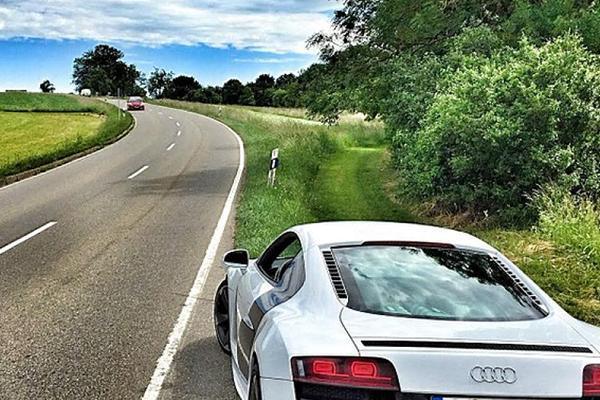Germany and France have released details of a project which proposes to test self-driving vehicles on a stretch of road that links both countries.
The announcement was made by the Transport Ministry in Berlin in which he outlined the specific aim of the initiative which will test ‘automated and connected driving in real cross-border traffic'. The route selected is 70km (43miles) in length from Merzig in Germany's western Saarland state to Metz in eastern France.
German Transport Minister Alexander Dobrindt said the cross-border test zone project would be hugely beneficial to car manufacturers. He said, "Manufacturers will be able to test the connectivity of their systems, for example when lanes or speed limits change at the border. We want to set worldwide standards for this key technology through cooperation between Europe's two biggest car-producing countries."
The German Transport Minister issued the statement following a meeting with his French counterpart Alain Vidalies. It was also disclosed that the route will enable testing for 5G wireless communications between cars and infrastructure, automated manoeuvres such as overtaking and braking, and emergency warning and call systems among others.
Germany already has established a number of test zones for automated vehicles on motorways and in cities - and it is home to automaker giants Volkswagen, Daimler and BMW, who are all investing heavily in the production of self-driving vehicles. The transport ministry also disclosed that €100 million has been offered in funding for the projects.
Analysts believe the tests are a reactive measure to Silicon Valley titans such as Tesla, Uber and Google parent company Alphabet leading the way in a new field which has been described as the ‘future of driving'.
One area expected to be transformed in the road transport sector in the forthcoming years is the hauling sector with the introduction of automated trucks. Manufacturers took part in an experiment last year that saw six convoys of ‘smart trucks' cross several European countries using ‘platooning' in which a leading truck sets the route and speed for wirelessly-connected, self-driving followers.
This is the first innovative project between two European nations in the field of transportation. Earlier this month, it was announced that the Czech Republic and Slovakia were collaborating together to create a supersonic railway system linking both countries.
Hyper-Loop Transit Technologies (HTT) publicly announced that it had reached an agreement to carry out a feasibility study into the prospect of implementing a supersonic hyper-loop rail system between the European cities of Brno (Czech Republic) and Bratislava (Slovakia).

